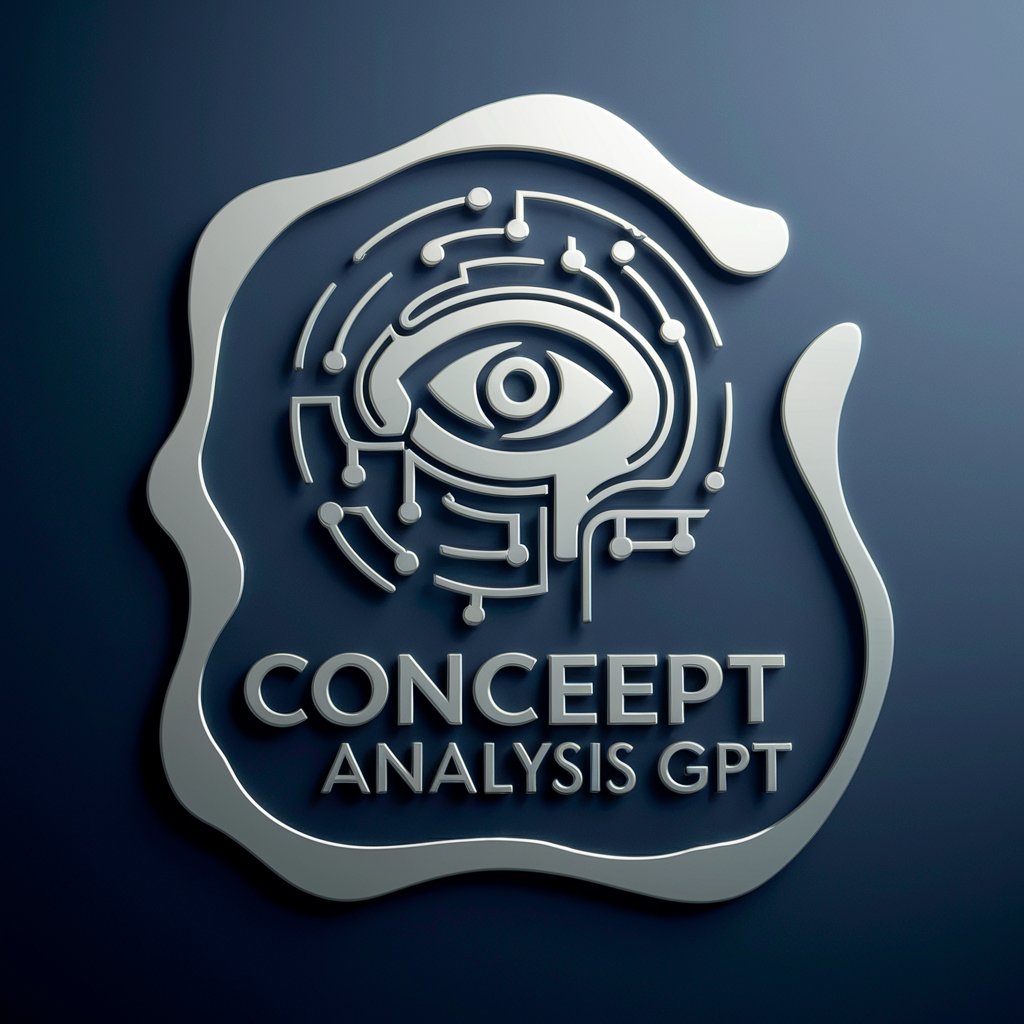11 GPTs for Philosophical Discourse Powered by AI for Free of 2026
AI GPTs for Philosophical Discourse refer to a specialized application of Generative Pre-trained Transformers in the realm of philosophy. These AI tools are crafted to understand, analyze, and engage in philosophical topics and discussions. They leverage the advanced natural language processing capabilities of GPT models to offer nuanced and contextually relevant insights into philosophical queries, making them a valuable resource for exploring complex philosophical ideas and theories.
Top 10 GPTs for Philosophical Discourse are: Žižek Simulator,Lex Fridman,Anarchist Thinker,Albert Einstein,Joe Rogan Experience GPT,Concept Analysis GPT,Terence McKenna,JustinGPT,Sir Professor Insight, Knowledge Oracle,Marvin
Žižek Simulator
Experience Philosophy through AI, Žižek Style

Lex Fridman
AI-powered insights from Lex Fridman.

Anarchist Thinker
Empowering Anarchist Thought with AI

Albert Einstein
Exploring the Universe with Einstein's AI

Joe Rogan Experience GPT
Experience AI-Powered Conversations, Rogan-Style

Concept Analysis GPT
Unveil deeper meanings with AI-powered analysis.

Terence McKenna
Unlocking Mystical Wisdom with AI

JustinGPT
AI-powered ethical reasoning at your fingertips.

Sir Professor Insight, Knowledge Oracle
Enlightening Minds, One Conversation at a Time

Marvin
Insightful AI with a Melancholic Twist

Key Characteristics of Philosophical AI Tools
AI GPTs for Philosophical Discourse boast unique features like nuanced language understanding, contextual relevance, and adaptability across a range of complexity levels. These tools excel in tasks like philosophical argument analysis, ethical dilemma exploration, and historical philosophical context interpretation. They are equipped with advanced language learning algorithms, capable of both generating and analyzing philosophical content, and provide support in tasks requiring deep philosophical understanding.
Who Benefits from Philosophical AI Tools?
The primary users of AI GPTs for Philosophical Discourse include philosophy students, educators, researchers, and enthusiasts. These tools are accessible to those with little to no coding experience, while also offering advanced features for tech-savvy individuals. They serve as a bridge between complex philosophical concepts and a wider audience, facilitating a deeper understanding of philosophical theories and arguments.
Try Our other AI GPTs tools for Free
Business Forecasting
Revolutionize your business strategy with AI GPTs for Business Forecasting. Harness the power of AI to predict market trends, understand consumer behavior, and make data-driven decisions.
Data Visualization and Interpretation
Explore AI GPTs for Data Visualization: intuitive, adaptable tools transforming data into actionable insights for decision-making.
Large Dataset Analysis
Explore the world of AI GPTs for Large Dataset Analysis: versatile tools designed for efficient data handling, offering insights and solutions across various sectors. Ideal for both beginners and experts.
Training Regimen Analysis
Explore how AI GPTs revolutionize Training Regimen Analysis with tailored insights, user-friendly design, and versatile integration, suitable for professionals and novices alike.
Heart Rate Efficiency Enhancement
Explore AI GPTs for Heart Rate Efficiency: advanced, adaptable AI tools designed for personalized heart health optimization. Tailored for everyone from novices to professionals.
Injury Risk Assessment
Explore AI GPTs for Injury Risk Assessment: Advanced tools using AI to predict, evaluate, and prevent injury risks in healthcare, sports, and workplace safety.
Broader Impacts of Philosophical AI
AI GPTs for Philosophical Discourse not only serve as tools for individual learning but also play a significant role in broader sectors. They can be integrated into educational systems, support philosophical research, and assist in ethically-sensitive AI development. Their user-friendly interfaces make them easily adaptable to various existing systems and workflows, enhancing the overall reach and understanding of philosophical studies.
Frequently Asked Questions
What exactly are AI GPTs for Philosophical Discourse?
They are AI models specifically trained to engage with and analyze philosophical content, providing insights and facilitating discussions in the field of philosophy.
Can these AI tools generate philosophical arguments?
Yes, they can generate and analyze philosophical arguments, offering diverse perspectives on various topics.
Are these tools accessible to those without a background in technology?
Absolutely, they are designed to be user-friendly and accessible to individuals regardless of their technical expertise.
Can AI GPTs be customized for specific philosophical topics?
Yes, they can be tailored to focus on specific areas or schools of philosophical thought.
Do these tools help in understanding historical philosophical texts?
Yes, they can provide contextual analyses and simplify complex texts for better understanding.
Are there any ethical considerations in using AI for philosophical discourse?
Yes, ethical considerations include ensuring unbiased and respectful treatment of sensitive philosophical topics.
Can AI GPTs simulate famous philosophers' styles?
While they can mimic certain writing styles, they do not replicate individual philosophers' unique perspectives perfectly.
Is it possible to integrate these AI tools into educational curriculums?
Yes, they can be integrated as supplementary tools for enhancing philosophical education and research.